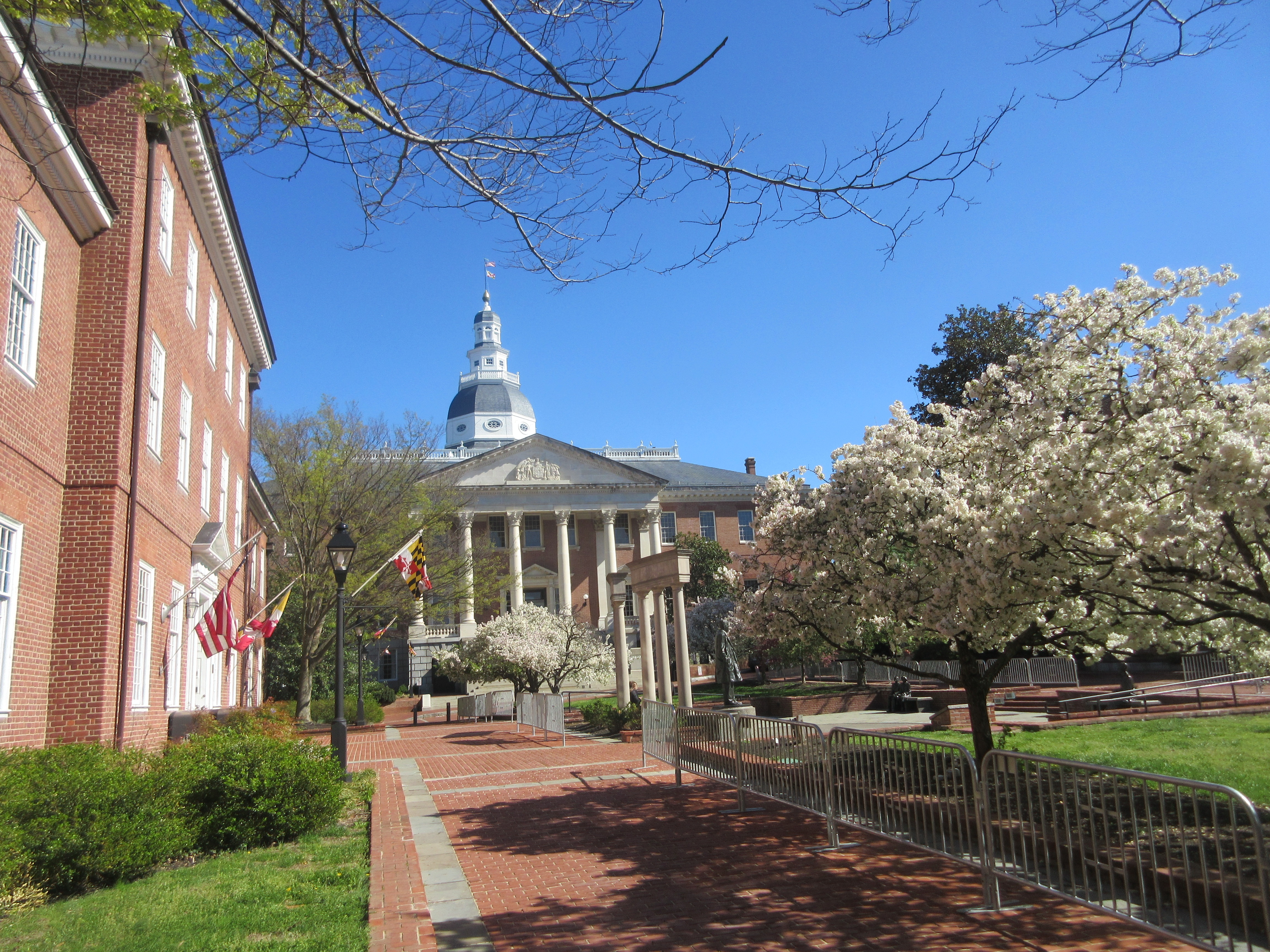By Barry Rascovar
For MarylandReporter.com
In chalking up results from the 90-day Maryland General Assembly session that concluded a week ago, it appears lawmakers have much to crow about.
In at least four areas, they achieved major steps forward that should prove enormously beneficial to Maryland residents.
Re-shaping prison sentences and parole
No bill holds more promise than this one, which had the backing of blacks and whites, liberals and conservatives, Republicans and Democrats, the governor and lawmakers.
The goal is to unclog prisons by placing minor drug offenders in alternative treatment, counseling and training programs instead of sitting unproductively in a jail cell.
Proponents made a big deal of the supposedly enormous savings in the original bill, which is of minor importance compared to providing offenders with constructive ways to turn their lives around while reserving incarceration for society’s truly bad apples.
State senators hesitated to give full support to the advocates’ liberal “get out of jail card” approach, worrying hardened criminals might be getting breaks they don’t deserve and return quickly to a life of street violence.
In the end, they agreed to give it a try, but the issue is certain to return to the State House next year to close unintended loopholes and weaknesses in the bill that won’t appear until the law is fully implemented.
Underwriting a Baltimore renewal program
One of Gov. Larry Hogan, Jr.’s worst moments this past session was his failure to present a city revival package to the General Assembly. Given the governor’s no-show on this vital issue, Democratic lawmakers stepped in and fashioned their own combination of aid bills.
It includes state money to upgrade city parks; mentoring for promising middle-school students; a guaranteed, multi-year housing demolition aid package; youth summer jobs, and longer library hours. [See editor’s note below.]
It’s a step in the right direction to engage city youth in positive activities and improve life in their communities. But far more needs to be done on the state level to help the city launch an economic revival in distressed, unsafe communities. Whether Hogan views this as an imperative remains a huge question mark.
Enlarging UM’s College Park-Baltimore research ties
No, it’s not a merger between the University of Maryland, College Park and UM’s impressive professional schools university in Baltimore. Instead, the legislation fully opens the doors for collaboration between talented researchers previously separated by insular university system politics.
Equally significant, the bill allocates millions of dollars to identify promising breakthroughs and get them on the commercial development fast track. That translates into jobs and strong economic growth.
The partnership bill also provides an overdue financial boost to two underfunded campuses that have become stars in the state’s higher education constellation – Towson University and UMBC. There’s also research-development money for Morgan State University.
Almost forgotten is the bill’s mandate that Bob Caret, chancellor of the vast UM system, move his office from the College Park area to downtown Baltimore. This holds immense significance. Caret will immediately become a key figure in city business and leadership groups, an advocate for Baltimore and a potent force in leveraging the university system’s brainpower to help reverse Baltimore’s fortunes.
A healthy Baltimore City remains pivotal to Maryland’s well-being. Taking steps to rejuvenate the city puts Maryland government in a stronger position to lure companies – and jobs – to the area, to boost the quality of life for the region’s citizens and to bolster the state’s tax collections in and around Charm City.
Thwarting repeat drunk drivers
It’s about time. From now on, individuals who get caught driving while seriously inebriated will be forced to install ignition interlock devices on their cars. If they ever abuse alcohol again and try to get behind the wheel to drive home, they won’t be able to start the engine.
The bill makes our streets safer and might persuade more abusers to think twice before imbibing alcoholic beverages away from home.
That’s an impressive foursome of major legislation. Missing from this list is any tax reduction – which actually is good news.
Maryland’s economic rebound remains uneven and modest, despite the solid March jobs report. It is wiser to till next January before messing with tax cuts. With luck, Hogan will have a much bigger pot of cash to use for this purpose – a welcome move as he starts gearing up his reelection efforts.
Barry Rascovar’s blog is www.politicalmaryland.com. He can be reached at [email protected].
Editor’s Note: Hogan on demolition program and parks money for Baltimore
From an April 8 interview with Gov. Hogan
“We’re not thrilled with mandated spending, but in many cases we supported the program,” Hogan said.
He found a five year mandate for spending to demolish boarded up homes in Baltimore both amusing and superfluous.
“The blight stuff is my baby,” Hogan said. “I dreamt it up myself, personally. I got people working on it for a year. We went and announced it” in the fall with the mayor and other Democratic officials. He worked out an memorandum of understanding with the city and put funding in a supplemental budget.
Then the legislature comes along and says, ” ‘We’re going to mandate that you do your own program.’ Thanks. We don’t like mandates, but thanks for making me spend the money that I wanted to spend.”
The money for specifically for city parks was a House amendment to a Hogan administration bill, HB462, repaying transfer tax money to the Program Open Space account.
The governor allowed both measures to become law without his signature.







It’s really unseemly how much you blow the Democrats in the legislature.